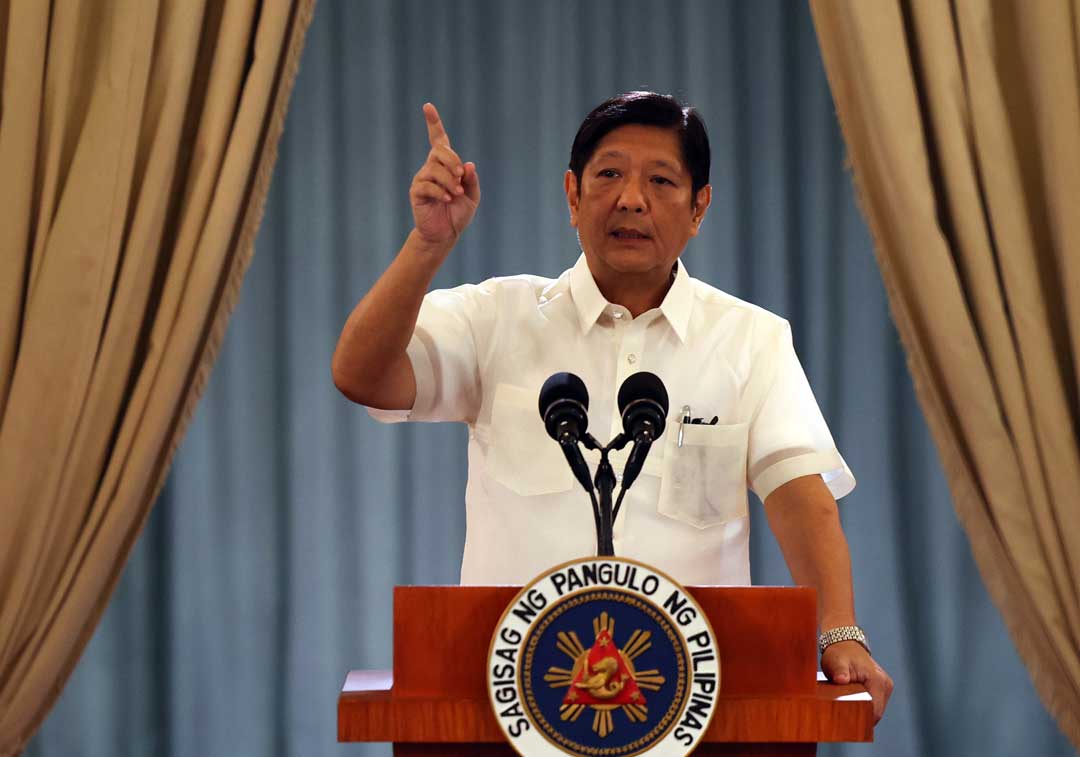Marcos must seal power, transport deals during Saudi visit, analysts say

PRESIDENT Ferdinand R. Marcos, Jr. must return from Saudi Arabia with investments in transportation, power and connectivity reached on the sidelines of the inaugural summit between Southeast Asian and Gulf leaders, analysts said on Tuesday.
“Potential investment from the Middle East would be in the form of infrastructure projects particularly in the key focus areas of the Philippines such as renewable energy, power, transportation, connectivity, and utilities,” John Paolo R. Rivera, president and chief economist at Oikonomia Advisory & Research, Inc., said in a Viber message.
The other must-haves from the visit include enhanced trade and protections for overseas Filipino workers.
Mr. Marcos flies to Riyadh on Oct. 19, and is scheduled to meet bilaterally with the Saudi government and businesses, Foreign Affairs Assistant Secretary Daniel R. Espiritu said at a Palace briefing on Monday.
Foundation for Economic Freedom President Calixto V. Chikiamco said Mr. Marcos should also secure investments for the Bangsamoro Autonomous Region in Muslim Mindanao “in areas of power generation, toll roads, halal foods, regional telecommunications, shipping, airlines, etc.”
“The Public Service Act Amendment and the Bangsamoro Autonomous Law have created conditions favorable for foreign investment in Muslim Mindanao, especially from Gulf countries,” Mr. Chikiamco said in a Viber message.
Mr. Espiritu said the President is expected to promote the newly established sovereign wealth fund and discuss OFW welfare during his meetings with Saudi officials and business leaders.
The investment fund has been provided with initial capital by state-owned banks and the central bank.
Mr. Espiritu added that Mr. Marcos is expected to hold a bilateral meeting with Bahrain to discuss the 40th year of the two nations’ diplomatic relationship.
The Association of Southeast Asian Nations and the Gulf Cooperation Council (GCC) will hold their first-ever summit on Oct. 20, over a decade after the first ministerial meetings between the two organizations in Bahrain in 2009.
The GCC is composed of energy-rich countries with strong petrochemicals and logistics industries, Mr. Espiritu said. — Beatriz Marie D. Cruz



